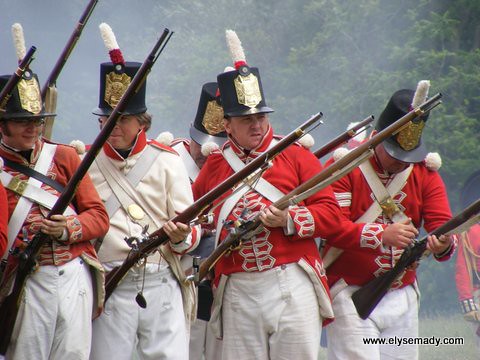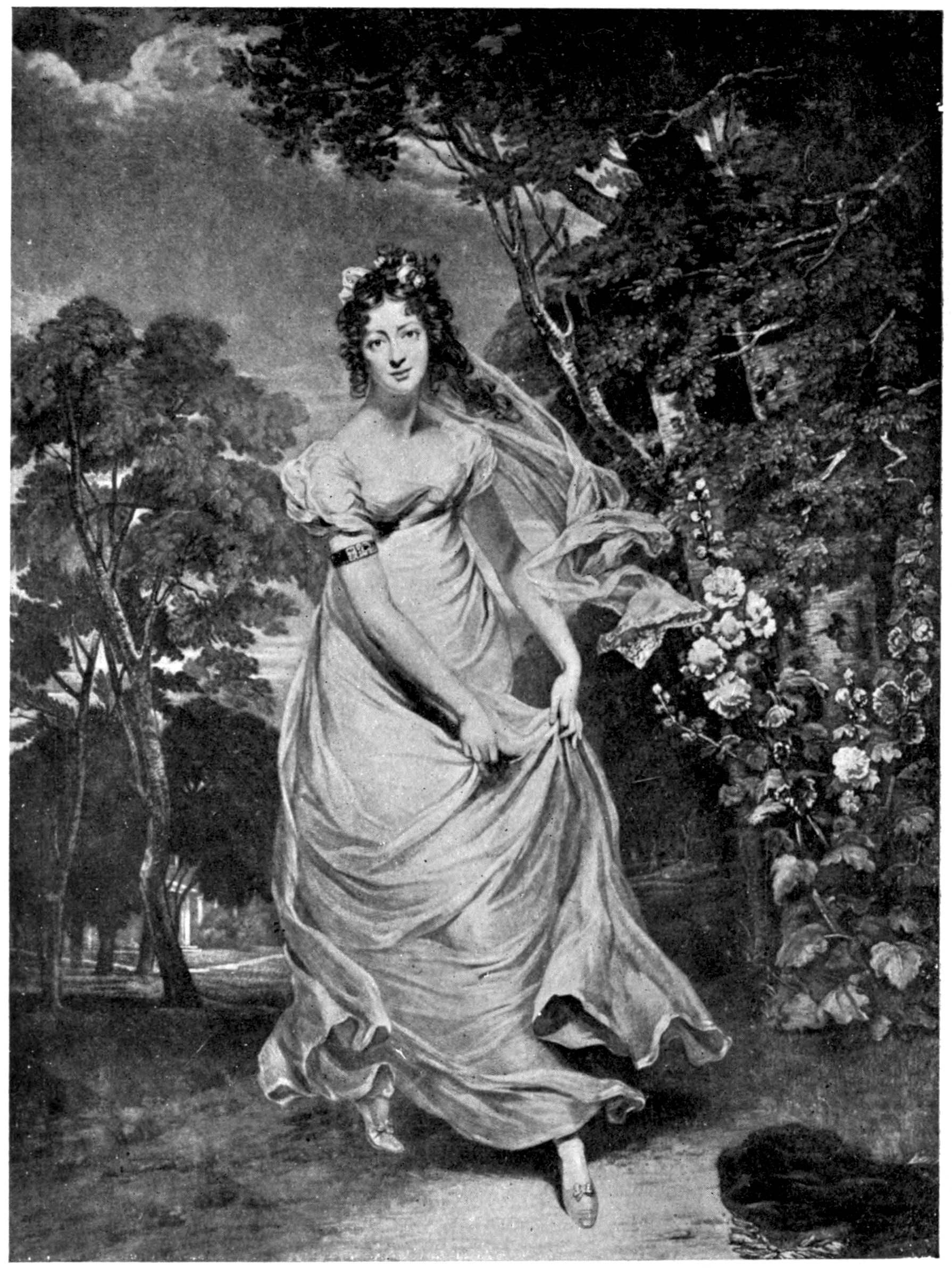I don't live in England where my historical books are set, so much of my knowledge of the past is second hand but when it comes to one small slice of Regency history, I live smack dab in the middle of it - and that is the War of 1812. Seriously, I grew up in Niagara, next to Lake Ontario, where most of the fighting took place, and now, I live down the street (literally) from what was then Burlington Heights and is now Dundurn Castle.
In the grand scheme of things,the War of 1812 was a pretty minor war, notable mostly for producing Laura Secord's famously delivered message and for the Brits burning down the White House in 1814.
It was also the first war in which the Americans declared war on a foreign power and frankly, they weren't expecting a lot of resistance, assuming that the residents of Upper and Lower Canada would welcome 'annexation' from the dastardly British with open arms.
Not so much. Hence the whole 'at war thing' that ensued over the next two years.
 |
| The Memorial commemorating the Battle of Stoney Creek |
 |
| A copy of the original map of the battlefield |
The Battle of Stoney Creek was a critical one for the British in terms of defending Upper Canada. Vastly outnumbered by the Americans and forced to beat a hasty retreat to Burlington Heights, on the night of June 5, 1813, 700 British soldiers attacked under cover of darkness and were able to drive the 3500 American troops back to Forty Mile Creek (Grimsby, ON) and later to Fort George (Niagara on the Lake, ON)
The day itself was interesting because not only did they provide an overview of the military strategies that the armies would have employed but also included access to the memorial that was built 1913, and a whole range of activities like baking over an open fire, making traditional recipes like oat cakes, presentations talking about the contributions of Native allies like Tecumseh, what life in British North America was like for settlers and more. My six year old's favourite part were the explosions during the artillery display. Typical guy :)
Sometimes it can feel like history is a long way away - geographically and temporally. It's nice to be reminded that it's often much closer than we think. I took lots and lots of photos so feel free to check them out on Flickr. I think they capture the experience really well. And if you're in the region and get a chance, be sure to visit some of the great events that will be taking place over the next while. It looks like they've got some fascinating things planned that will really bring history to life.















